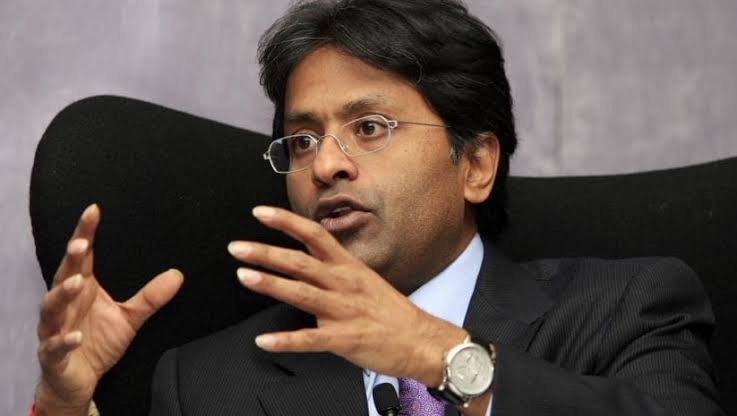His remark on Shivaji, the Maratha warrior king, being an icon of the old era has drawn criticism from several quarters. This is not the first time that the governor has been in the news for the wrong reasons.
Last year in July, the governor sparked another controversy when he stated that Mumbai will not remain the financial capital of the country if Gujarati and Marwari people are removed from the state. This statement was met with a lot of criticism and was seen as divisive and insensitive.
The governor’s actions have also been a subject of controversy. One such instance was the early morning swearing-in ceremony of Devendra Fadanvis, which took place amidst the BJP-Shiv Sena tussle. This move was seen as controversial and was later turned around.
In light of these incidents, it can be said that the governor’s behavior and statements have been quite controversial. While it is the governor’s right to express his opinions, it is important to be mindful of the impact they may have on the public. Making divisive or insensitive statements can create tension and harm the unity of the society.
It is also important to note that the governor is a representative of the government and holds a high position of power. Hence, it is expected of him to be impartial and neutral in his actions and statements. The governor should refrain from making statements that may be perceived as biased or partisan.
In conclusion, the recent controversy surrounding the governor of Maharashtra highlights the need for public officials to be mindful of their actions and statements. As representatives of the government, they hold a responsibility to maintain neutrality and impartiality in their dealings. It is hoped that in future, the governor will be more cautious and mindful of the impact of his statements on the public.





